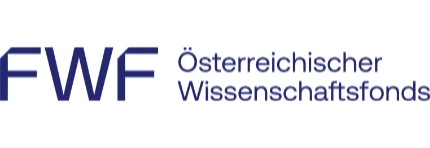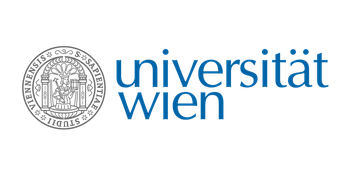
P6 | Political discourse: ComAI and deliberative quality
Political deliberation on the internet is widely seen as potentially vital to the larger public debate about fundamental societal challenges by virtue of its speed, breadth and openness. At the same time, debates on social media platforms are often polarized and plagued by problems such as incivility, lack of factuality and one-sidedness of arguments.
The project will investigate communicative AI in the domain of political discourse by means of online discursive monitoring and intervention. Taking on a largely experimental approach, we will study the effect of social bots that utilize large language models (LLMs) on the quality of deliberation. As our case study we will approach debates related to climate change on German-language Twitter/X, Mastodon and Bluesky.
Combining discourse theory with recent innovations in LLMs, we will both monitor and intervene in public political discussions. Enlisting a group of public speakers on climate change, we will also closely investigate how social bots are appropriated in the domain of political discourse by analyzing discourse trajectories with and without bot intervention, and through accompanying user surveys.
PUBLICATIONS:
- Fedtke, C., & Wiedemann, G. (2020). Hass- und Gegenrede in der Kommentierung massenmedialer Berichterstattung. In S. Breidenbach, P. Klimczak, & C. Petersen (Eds.), Soziale Medien (pp. 91–120). Springer Fachmedien. doi: 10.1007/978-3-658-30702-8_5
- Jurkschat, L., Wiedemann, G., Heinrich, M., Ruckdeschel, M., & Torge, S. (2022). Few-Shot Learning for Argument Aspects of the Nuclear Energy Debate. Proceedings of the Thirteenth Language Resources and Evaluation Conference, 663–672. https://aclanthology.org/2022.lrec-1.69
- Münch, F. V., Thies, B., Puschmann, C., & Bruns, A. (2021). Walking Through Twitter. Social Media + Society, 7(1). doi: 10.1177/2056305120984475
- Puschmann, C. (2019). Assessing the Diversity of Political Search Results. Digital Journalism, 7(6), 824–843. doi: 10.1080/21670811.2018.1539626
- Puschmann, C., Ausserhofer, J., & Šlerka, J. (2020). Comparing issues on the Facebook pages of the Pegida movement and the Alternative for Germany. European Journal of Communication, 35(3), 230–248. doi: 10.1177/0267323120922068
- Puschmann, C., & Pentzold, C. (2021). A field comes of age: Tracking research on the internet within communication studies, 1994 to 2018. Internet Histories, 5(2), 135–153. doi: 10.1080/24701475.2020.1749805
- Ruckdeschel, M., & Wiedemann, G. (2022). Boundary Detection and Categorization of Argument Aspects via Supervised Learning. Proceedings of the 9th Workshop on Argument Mining, 126–136. https://aclanthology.org/2022.argmining-1.12
- Trilling, D., Kulshrestha, J., Vreese, C. de, Halagiera, D., Jakubowski, J., Möller, J., Puschmann, C., Stępińska, A., Stier, S., & Vaccari, C. (2022). Is sharing just a function of viewing? Journal of Quantitative Description: Digital Media, 2. doi: 10.51685/jqd.2022.016
- Wiedemann, G. (2019). Proportional Classification Revisited. Social Science Computer Review, 37(2), 135–159. doi: 10.1177/0894439318758389
- Wiedemann, G., Münch, F. V., Rau, J. P., Kessling, P., & Schmidt, J.-H. (2023). Concept and challenges of a social media observatory as a DIY research infrastructure. Publizistik. doi: 10.1007/s11616-023-00807-6
Contact:
Prof. Dr. Andreas Hepp
ZeMKI, Center for Media, Communication and Information Research
University of Bremen
Phone: +49 421 218-67620
Assistent Mrs. Schober: +49 421 218-67603
E-mail: andreas.hepp@uni-bremen.de







